oncology

Medical Breakthrough: Vaccine Trial Prolonged Life to Even Those With Aggressive Brain Cancer

Targeted Therapy for Children With High-risk Hodgkin's Lymphoma Reduced Relapse Rates

High Daily Insulin Doses in Type 1 Diabetes Patients Increases Risk of Cancer, Especially in Women [Study]
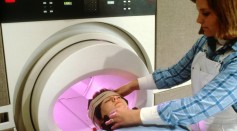
Early Detection of Pancreatic Cancer Through Regular Screening Increases the Patient's Chance to Live Longer
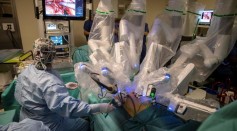
Robot-Assisted Surgical Operations Give Better Recovery Rates and Quality of Life, Cuts Readmission
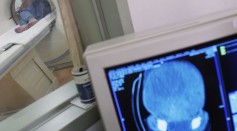
AI Predicts Early Pancreatic Cancer Development Using CT Scans for Abdominal Pain
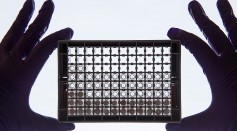
Lymphoma Cell Growth and Survival: New Study Shows Targeting ATF4 Gene Could Help Kill Cancer

Lung Cancer: New Analysis Reveals 92 Percent of Cases in Non-Smoking Population Can Be Treated With an FDA-Approved Drug
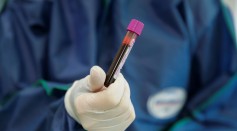
Oncology Breakthrough: Researchers Reveal a new Blood Test for Screening Cancer Before the Appearance of Symptoms
Oncologists at Higher Risk For Depression, Anxiety, and Burnout
Immune System Therapy Could Play a Crucial Role in Curing Cancer
Oncologists Will Start Using Virtual Reality For DetectingTumors
Common Painkiller May Have Anticancer Attributes
Most Popular

How Technology Is Changing the Real Estate Industry?

How a Plant-Based Diet Can Protect Against Breast Cancer: Insights from Nutrition Research

Study Reveals High Turnover in Scientific Research Careers: What This Means for Future Scientists

Why It's So Difficult to Lose Weight: The Biological Explanation Behind Obesity






